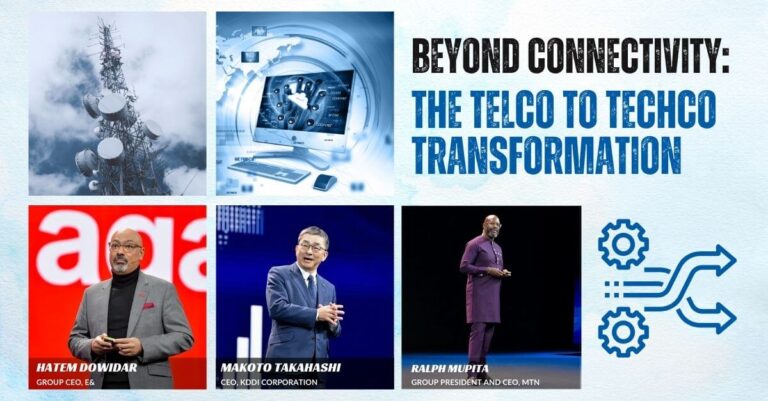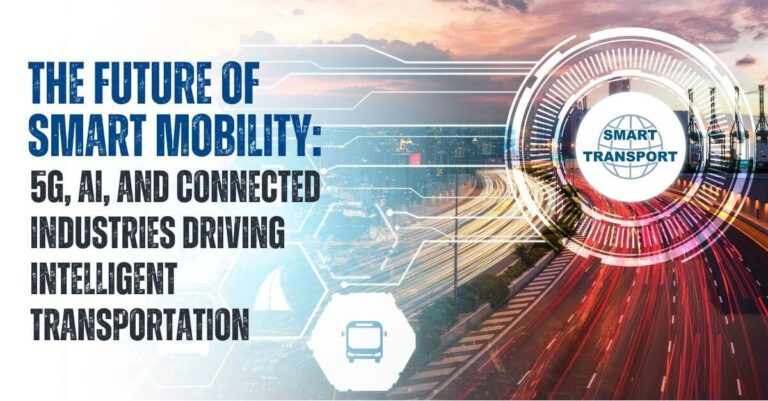Nokia and Bosch announced that they have jointly developed 5G-based precision positioning technology intended for new Industry 4.0 use cases. The two have deployed the proof of concept in a Bosch production plant in Germany, where extensive tests under realistic manufacturing conditions have shown an accuracy within 50 cm in 90 percent of the factory footprint.
The positioning technology tracks mobile and portable devices connected to the 5G network, accurately determining their positions where no global navigation satellite service coverage is available, for instance, in factories, warehouses, or underground facilities. As part of the factory test, an enhanced private 5G network was able to determine the precise position of assets such as automated guided vehicles (AGVs), mobile robots, and mobile control panels – tracking their movements throughout the plant in real-time.
Traditionally, 5G positioning works by measuring the time it takes for mobile signals to travel from a mobile device to different base stations and anchor nodes in the network. As signals take longer to reach nodes that are further away, the positioning system can triangulate its source. Nokia and Bosch have built upon that foundation by equipping 5G nodes with multiple receive antennas, which enable the network to detect the incoming angles of signals. Advanced Nokia Bell Labs algorithms interpret this time delay and angle-of-arrival information to determine the most probable position of the mobile device. Their proof-of-concept achieves a level of accuracy well beyond the current cellular position state-of-the-art, providing a sneak peek at what 5G networks, both public and private, will be capable of in the future.
Precision localization is important for many applications in industrial environments, such as robot navigation, asset tracking, and worker safety. Realizing both high-performance connectivity and high-accuracy positioning within a single private network’s infrastructure also has many operational benefits, such as reducing the complexity of IT infrastructure, leading to a lower total cost of ownership (TCO) and higher returns on investments.
Andreas Mueller, Chief Expert and responsible for the 6G activities at Bosch, said: “Knowing where things are is generally very valuable information in manufacturing. While today usually separate systems are used for connecting and locating devices, this may be done via an integrated private 5G solution in the future. The proof-of-concept conducted jointly with Nokia underpins the leading role of Bosch in exploring new opportunities for our customers and developing the Factory of the Future.”
Nokia and Bosch have a long history of collaboration, announcing their first strategic collaboration in 2017 to develop industrial IoT and sensing solutions. Today’s announcement of precise positioning technology is a key milestone, but it is only one of the innovations the two companies are pursuing. Nokia and Bosch have begun conducting joint research in the next generation of networking, investigating how future 6G networks could be used for both communications and sensing when they are commercially available by the end of the decade.
While 5G has the potential to determine the location of devices connected to the network, 6G will have the ability to track the position of any object – whether connected or unconnected. This will allow 6G signals to function similarly to radar, giving users an awareness of their surroundings beyond their traditional senses.
Peter Vetter, President of Bell Labs Core Research at Nokia, said: “Bosch and Nokia Bell Labs foresee a future where networks do far more than communicate. Soon, 5G will track connected devices more precisely than satellites in places satellites can’t reach. In the next decade, 6G will be capable of sensing all objects in their coverage areas regardless of whether they contain active radios. We are creating networks to endow humans with a digital 6th sense.”
Source: Nokia Press Release



























